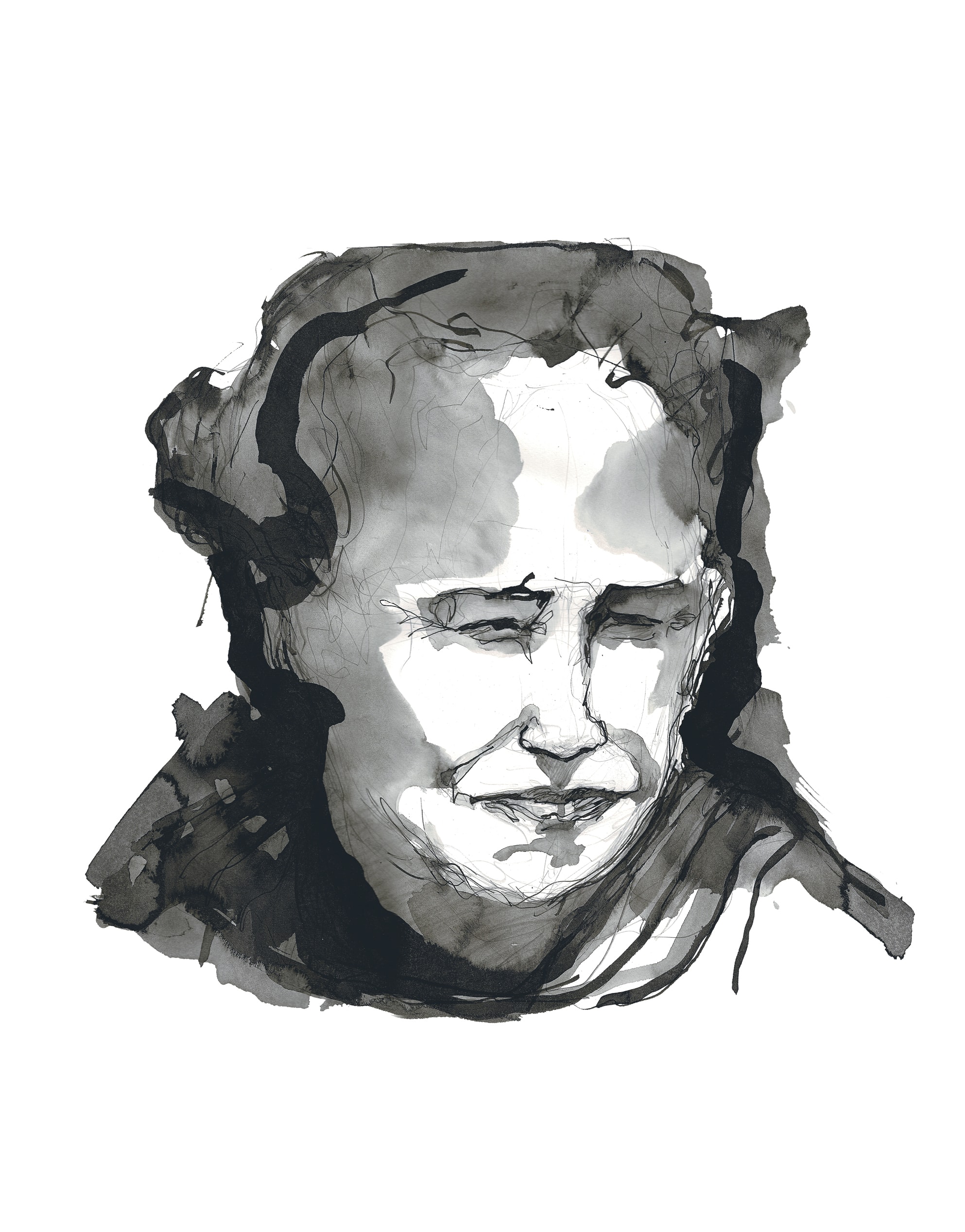
I’ve eaten mutton-bird since I can remember. And I love it. I love its smell, texture and taste. I love the experience of cooking it; of peeling the fat off, after leaving it on for cooking so you don’t burn the whole bird to a crisp; of being with family and knowing that this is our meal, together.
Sometimes, when I haven’t eaten mutton-bird in a long time, a deep hunger that seems impossible to feed comes over me, it feels wild. It feels animalistic, like a biological necessity. This can only be fixed with mutton-bird.
Mutton-bird and family are my tiny links to Flinders. And I hold pride in those links – they form a small part of my identity. Those are my people, that is my food, that is the land where my ancestors are buried and where, eventually, I will visit my mother’s bones.
I hold similar connections to many other places with equal pride. My birth binds me to Hobart, southern Tasmania, the Tamar Valley and her sister valleys; my early womanhood gave me roots in the Northern Rivers of New South Wales; in my blood, I feel distantly connected to Scotland. But mutton-bird links me to Flinders. And nothing can match the instinctual hunger that mutton-bird feeds. And I love it.
Written from the far reaches of south-west Wales … where there is no mutton-bird.
Nina Giblinwright, Wales, 2019
My daughter Nina was born on the bathroom floor of a tiny celery top pole house, which creaked loudly in the wind. Her adult writing carries a whipped up and confident cursive taught to her by her devoted grandmother. My father fed the growing Nina his vegetables and a significant quantity of mutton-bird, which we still ensure she is served with her every return from overseas.
